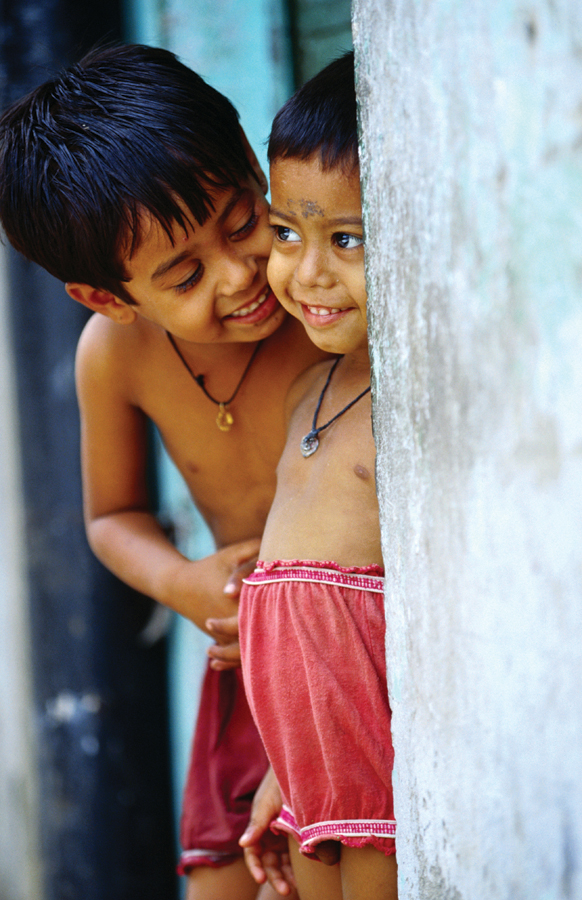210
| EARLY CHILDHOOD: |
| Psychosocial Development |

|

|
CHAPTER OUTLINE
Emotional Development
Initiative Versus Guilt Motivation
Culture and Emotional Control
A VIEW FROM SCIENCE: Sex Differences in Emotional Regulation
Seeking Emotional Balance
Gender Development
Sex and Gender
Theories of Gender Development
Play
Playmates and Friendships
Cultural Differences in Play
Active Play
The New Media
The Role of Caregivers
Caregiving Styles
Cultural Variations
Moral Development
Nature and Nurture
Empathy and Antipathy Discipline
OPPOSING PERSPECTIVES: Is Spanking OK?
Child Maltreatment
Maltreatment Noticed and Defined
Frequency of Maltreatment
Consequences of Maltreatment
Three Levels of Prevention, Revisited
211
WHAT WILL YOU KNOW?
- Why do 2-
year- olds have more sudden tempers, tears, and terrors than 6- year- olds? - How important is play in a child’s development?
- Is it better for parents to be strict disciplinarians or to let children do whatever they want?
- How do children know the difference between right and wrong?
- Do maltreated children always become abusive adults?
It was a hot summer afternoon. My thirsty 3-
They did, wide-
—Kathleen Berger
FORTUNATELY, IN SUCH TRYING CIRCUMSTANCES, a number of safeguards prevent serious maltreatment (a belief children should not be hit, an understanding that accidents do happen) and keep parents from taking their frustrations out on their children. Many aspects of psychosocial development—
212